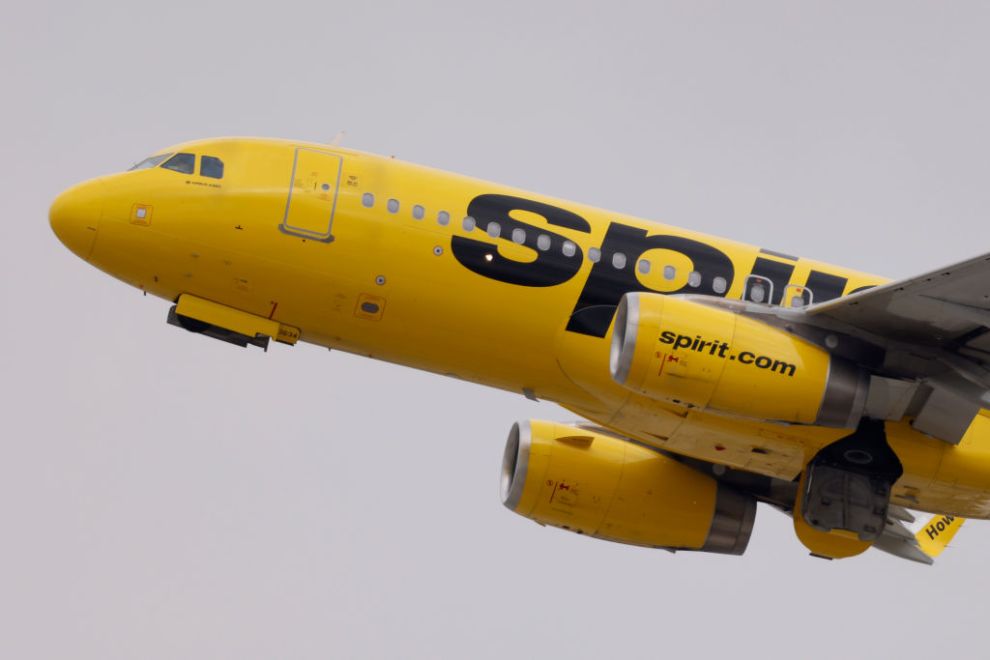Spirit Airlines, a pioneer in the ultra-low-cost airline model, filed for Chapter 11 bankruptcy protection on Monday. Struggling with significant financial losses, unsustainable debt, and failed merger attempts, the airline said the decision was necessary to restructure and secure its future.
Mounting Debt and Failed Mergers Force Spirit Airlines Chapter 11 Filing
In a statement, Spirit assured customers that operations will continue uninterrupted during the bankruptcy process. “Guests can continue to book and fly without interruption and can use all tickets, credits, and loyalty points as normal,” the airline stated.
CEO Ted Christie expressed optimism about the restructuring, emphasizing its potential benefits. “I am pleased we have reached an agreement with a supermajority of both our loyalty and convertible bondholders on a comprehensive recapitalization,” he said. “This is a strong vote of confidence in Spirit and our long-term plan.”
Spirit’s filing includes a $300 million financing agreement to support operations throughout the bankruptcy process. The airline also secured commitments from creditors for a $350 million equity investment, which will help reduce $795 million in outstanding debt. Spirit aims to emerge from bankruptcy by early 2025 with reduced financial burdens and increased flexibility.
However, challenges remain. Spirit disclosed nearly $3.1 billion in long-term debt, including $136 million owed to the U.S. Treasury for loans issued during the pandemic. The company recently implemented cost-cutting measures, including selling 23 planes and delaying aircraft deliveries.
Potential Impact on Passengers and Industry
As a key player in the low-fare airline market, Spirit’s troubles could ripple across the industry. Analysts warn that reduced competition might lead to higher ticket prices. “Spirit’s ultra-low-fare model has pressured larger airlines to offer basic economy seats,” said an industry expert.
Spirit’s struggles are compounded by a blocked merger with JetBlue Airways, a move federal regulators opposed on antitrust grounds. The court ruling left Spirit with limited options to address its mounting losses, which reached $360 million in the first half of 2024.
Despite these hurdles, Spirit remains optimistic. “The most important thing to know is that you can continue to book and fly now and in the future,” Christie reassured customers.

